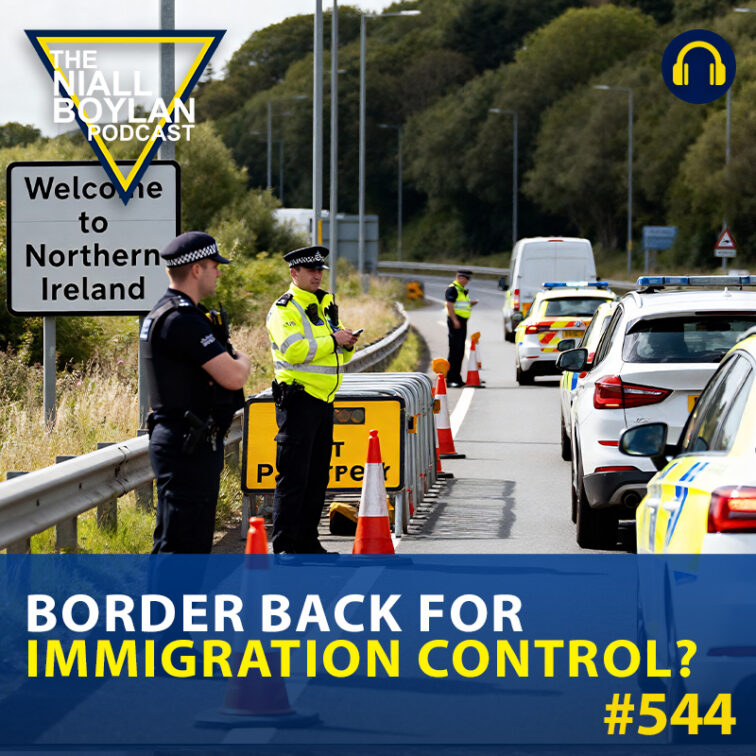
Border Back for Immigration Control? Episode 544
-
play_circle_filled
Border Back for Immigration Control? Episode 544
Niall Boylan
Host Niall talks to Paul Tryvaud opens the lines to listeners to debate a hot topic sparked by the EU’s new Entry/Exit System (EES), which went live on 12 October 2025 for 29 European countries.
Migration and Home Affairs
The system digitally records non-EU nationals’ entries and exits (passport data, facial image, fingerprints) to better detect overstays and identity fraud.
Migration and Home Affairs
But there’s a catch: Ireland has so far chosen not to take part in full integration with the system. Niall asks: should Ireland reconsider? And more provocatively — could Ireland re-establish a border checkpoint with Northern Ireland to help enforce such controls?
Short history of the border
The border between what is now the Republic of Ireland and Northern Ireland was drawn after partition in 1921, creating a frontier dividing the six counties that remained in the UK from the 26 which became (later) the Republic.
Through decades of conflict, that border was heavily policed, with checkpoints, customs posts, and strict controls during The Troubles.
With the Good Friday Agreement (1998) and subsequent peace processes, many of those controls were dismantled or “softened,” and the border became largely invisible — allowing free movement of people, goods, and services.
In practice, there is still a de facto border (e.g. regulatory and customs checks under the Northern Ireland Protocol), but not the old model of physical frontier posts.
The last time there was a “hard border” with full checkpoints and infrastructure was before and during much of the 20th century, gradually phased out through the peace process.








